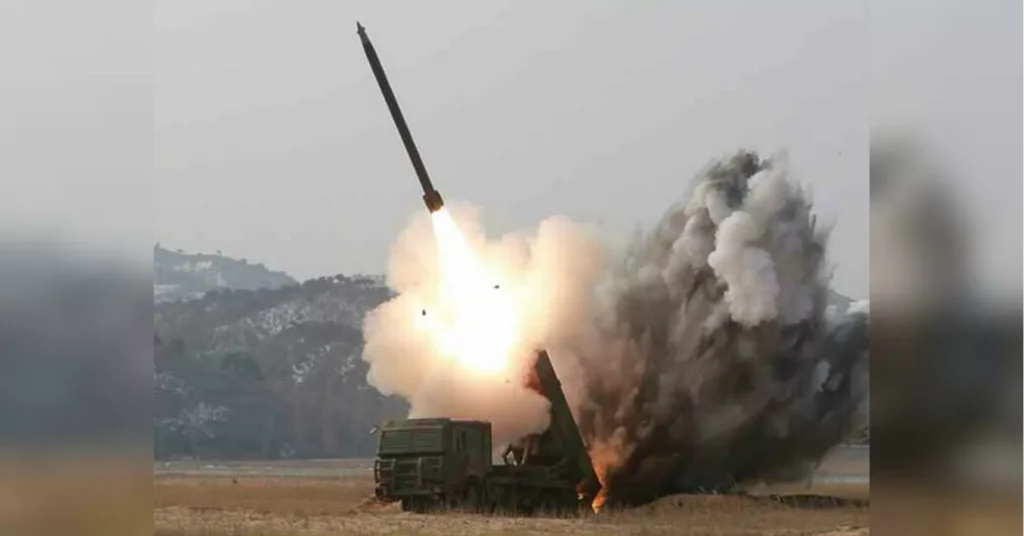The probability of more active involvement in the war by the North Korean armed forces has increased in recent times. Tensions between North Korea and its neighboring countries, as well as the United States, have escalated to unprecedented levels. This has led to growing concerns about the potential for a full-scale war and the devastating consequences it could bring.
One of the main reasons for the increased likelihood of North Korea’s further participation in the ongoing conflict is the country’s continuous development and testing of nuclear weapons and ballistic missiles. Despite facing strong international sanctions and condemnation, North Korea has continued to defy the international community and pursue its nuclear ambitions. This has caused fear and uncertainty among its neighboring countries and the rest of the world.
The North Korean regime, under the leadership of Kim Jong Un, has also demonstrated a willingness to use its military might to achieve its goals. This was seen in 2010 when the country shelled a South Korean island, resulting in the deaths of four people. More recently, in 2017, North Korea launched several ballistic missiles and conducted its sixth nuclear test, further showcasing its aggressive stance.
In addition, the strained relationship between North Korea and the United States has also increased the likelihood of a more active involvement in the war. The war of words between US President Donald Trump and Kim Jong Un has only heightened tensions and escalated the situation. The repeated threats and insults exchanged between the two leaders have created a hostile atmosphere, leaving little room for diplomatic solutions.
The recent military drills conducted by the United States and South Korea have also been a major contributor to the increased probability of North Korea’s further engagement in the war. These drills, which are seen as a demonstration of military power and a show of force, have been met with strong condemnation from North Korea. The country has often viewed these drills as a provocation and has responded with its own military exercises.
Furthermore, North Korea’s economic situation has also played a role in the increased probability of its active involvement in the war. The country is facing severe economic sanctions, which have been imposed in response to its nuclear program. This has resulted in a dire economic situation for the country, with shortages of food, fuel, and other basic necessities. In order to divert attention from these issues, the North Korean regime may see involvement in the war as a way to unite its people and rally support.
The possibility of a more active involvement in the war by North Korea has raised serious concerns among the international community. The potential consequences of such involvement could be catastrophic, not only for the Korean peninsula but also for the rest of the world. A full-scale war could lead to massive loss of life, economic devastation, and a destabilization of the region.
In conclusion, the probability of North Korea’s increased participation in the war on the side of the occupiers has risen significantly in recent times. The country’s pursuit of nuclear weapons, aggressive stance, strained relationship with the United States, and dire economic situation have all contributed to this increased likelihood. It is imperative for all parties involved to work towards a peaceful resolution and avoid any further escalation of the situation. The international community must continue to exert pressure on North Korea to denuclearize and engage in meaningful dialogue. The consequences of a full-scale war are too great to ignore, and every effort must be made to prevent it from happening.

